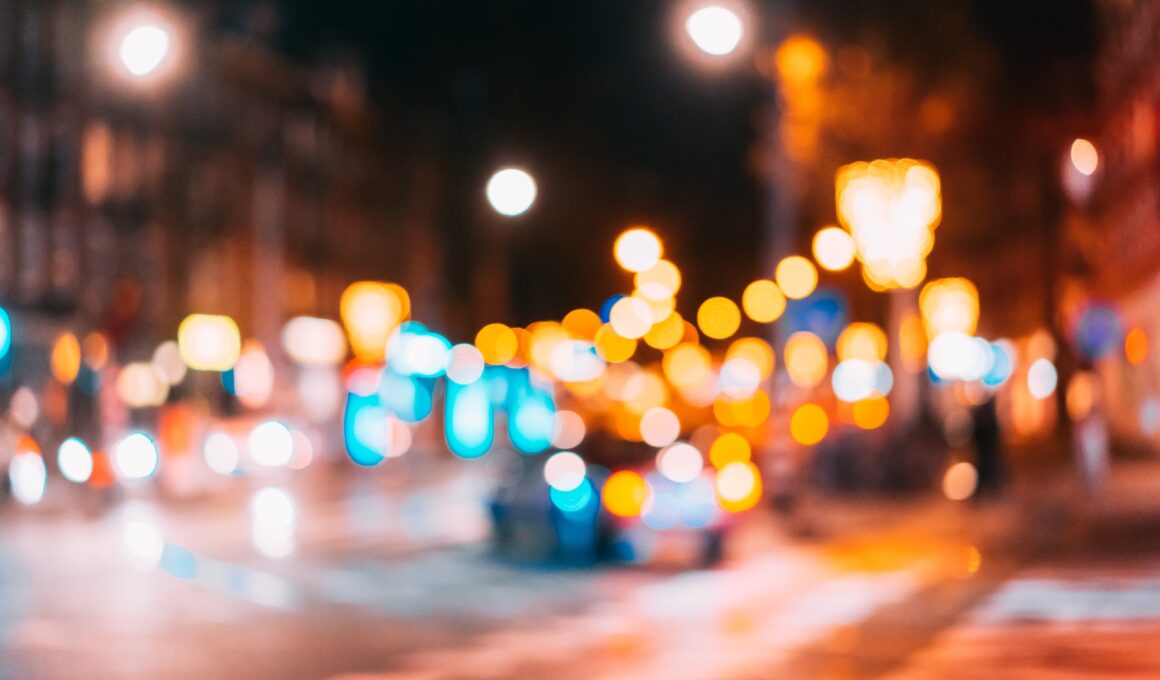Deja vu is a feeling that most of us have experienced at some point in our lives and that many of us will experience relatively frequently in fact (especially if you’re between 18-30 according to research). Essentially this is the sensation that something we’re experiencing has already happened before, whether that’s just one element such as a taste, a sight or a sound, or whether it’s an entire sequence of events.
Like many unusual phenomena in the brain, deja vu is not fully understood. However there are many different theories as to what might be going on and they each have interesting implications for the mechanisms of our brains, so let’s take a look at those here and try to get to the bottom of this psychological mystery…
Precognitive Dreams
One explanation for deja vu is that it is the result of premonitions that we have in our dreams. The idea is that we experience these ‘precognitive dreams’ that predict the future accurately, and then as a result experience things in real life that feel familiar. This is often how many of us would explain the situation, though of course it requires us to take the stance that precognitive dreams are possible – that we can on occasion predict the future in our sleep – which many would be sceptical about.
One solution to this problem is to think of the brain as a giant simulator, the job of which is to come up with potential future outcomes to help guide our decisions and behaviour. Perhaps deja vu is just what happens when our brain does its job eerily well. Of course the ability for a dream to predict what your office might look like when starting a new job is something that we would generally consider outside the realms of possibility. So there must be another explanation…
False Memories – Dual Processing Theory
Another explanation for deja vu is that it is caused by memories failing to form correctly in the brain – and this is the theory that is most widely accepted among psychologists. While the precise mechanisms that would cause such an effect are not fully understood, the general idea is that our brain accidentally creates the memory ‘twice’ while we are experiencing something, making us feel as though it has already happened. As our memories are the only record we have of events, we are left with no explanation as to what’s happening other than the event having happened before.
Research also seems to suggest that this might be true and many studies support the idea. For instance in cases of ‘biological’ deja vu, the feeling can be triggered by temporal lobe epilepsy or damage to the area. This follows, as our memory centres happen to be located in the temporal lobes too.
Likewise, some rare cases of ‘chronic deja vu’ exist where sufferers believe that everything they’re experience has already happened. Such patients refuse to watch the news often because they feel like they already know what’s going to happen – of course when tested they fail to predict the events with any accuracy. This supports the idea that deja vu should be a purely subjective experience, and not the result of precognitive dreams.
‘Divided Attention’ Theory
Another theory is that deja vu could be triggered by things that we’ve seen subliminally but haven’t registered on a conscious level. In one experience, Dr. Alan Brown had patients look at faces and rate how well they recognised them – with some of those faces having been flashed up too briefly for anyone to register in between slides already. Those faces that had been briefly visible of course were far more familiar than those that had not, even though the participants couldn’t explain why.
So does Dr. Brown believe that whenever we experience deja vu we actually have experienced the events or stimuli before? No, rather he believes that when we are first exposed to the situation we are momentarily distracted by something else such as a thought or a sight, and that this then causes us not to pay attention to what’s going on around us. We’ve taken it in unconsciously, but only seconds later do we then look around and actually register it properly – at which point it seems spookily familiar.
Hologram Theory
Finally, hologram theory proposed by a Dutch psychiatrist named Herman Sno, explains memories as being so interlinked that experiencing just one fragment can cause us to reconstruct an entire multi-sensory memory. This would mean simply that smelling a smell that was the exact same could cause us to dredge up an entire scene in our minds and relive them vividly, causing temporary confusion.
This could be particularly confusing if our memory of that past event is vague or incomplete causing us to automatically ‘fill in the blanks’. Even if the memory isn’t actually our own – perhaps it’s something we saw in a movie as a child – the feeling of familiarity and the powerful sensation of reliving a forgotten memory could trigger the experience of deja vu.
So what’s your theory on the matter? No matter what your take on it, chances are that we won’t know for sure what’s going on in our brains for a long time to come. For a long time to come…




